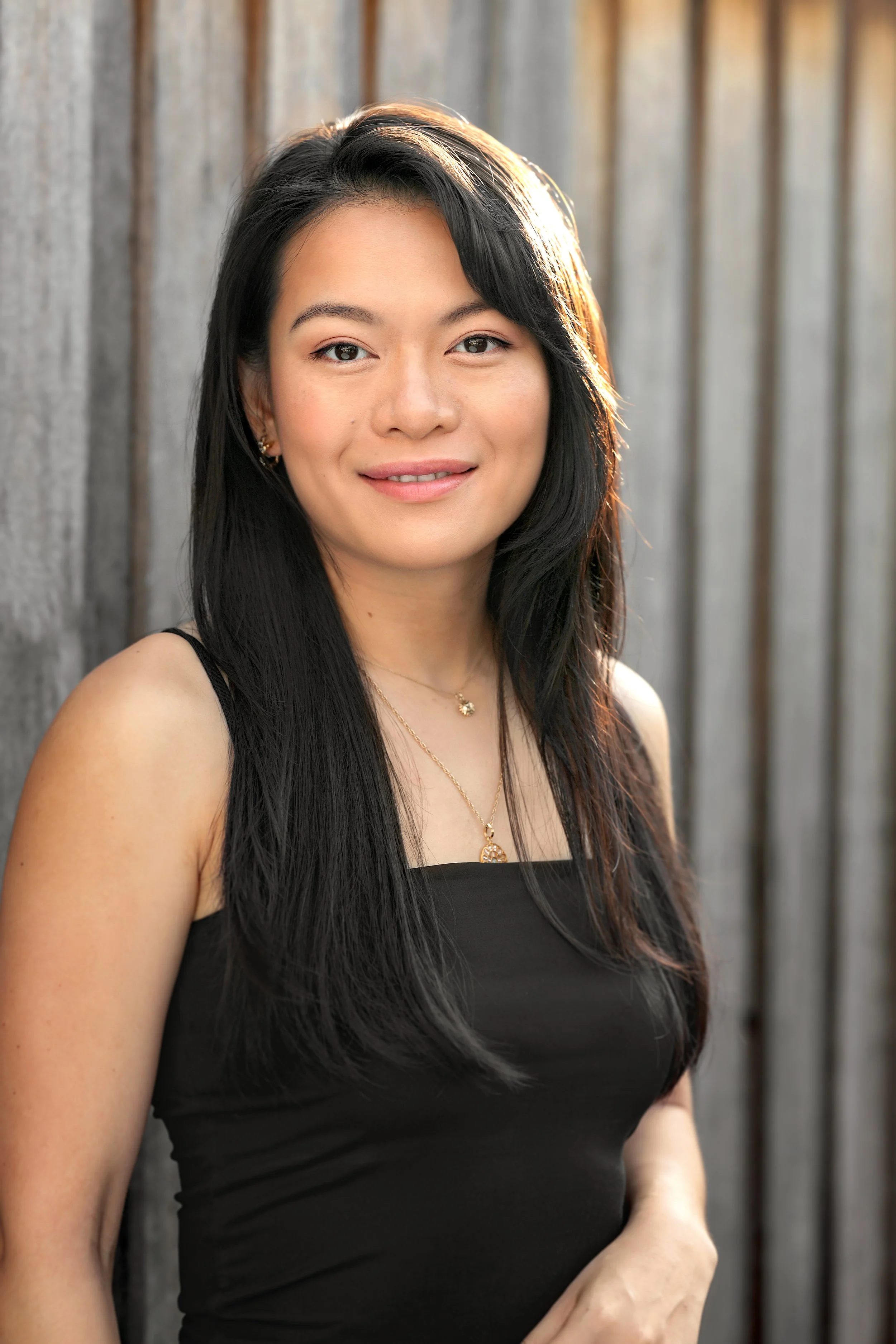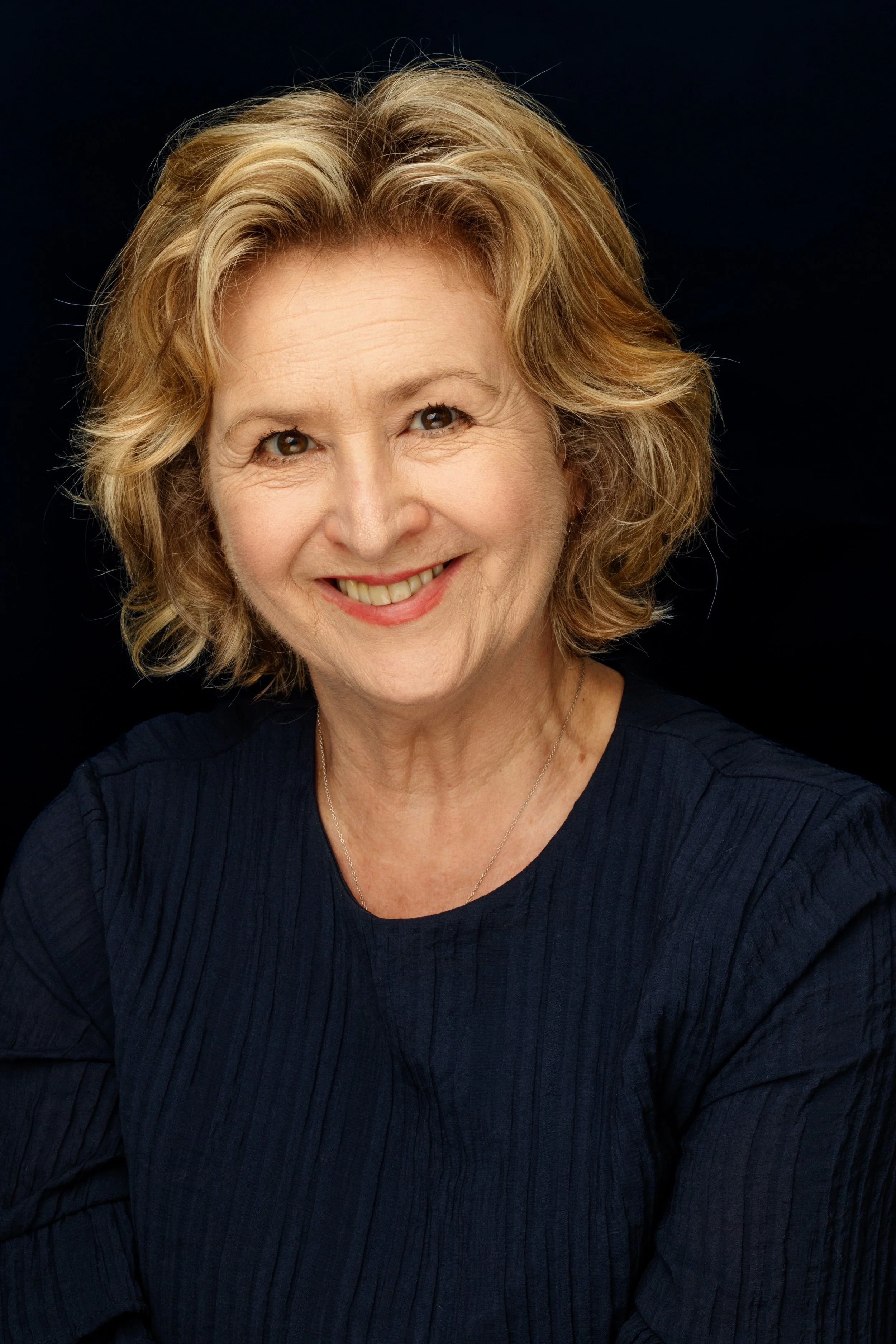TRUMPURLAINE THE GREAT - SYDNEY FRINGE - 2025
WRITER/DIRECTOR’S NOTE
JAMES HARTLEY
My interest with Christopher Marlowe began back in middle school when I read a Terry Deary book on Shakespeare which contained a short aside on Marlowe. They mentioned that he died mysteriously and that scholars have conjectured he could have been a government spy and possibly could have written some of Shakespeare’s plays.
My next encounter with Marlowe was in a unit on his work in relation to pedagogical practice at the University of Sydney under the tutelage of Prof. Liam Semler. That unit really allowed my to engage with Marlowe in non traditional ways and for one of my assignments I wrote (but was unable to illustrate) a graphic novel linking my mental health crisis with Marlowe’s plays.
Due to my aforementioned crisis, I was unable to complete the unit and had to re-enroll several years later. This proved to be advantageous as I returned with a far greater capacity for learning and appreciation. This time around my teachers were Dr. Kathryn Roberts Parker (with whom I previously had collaborated for Ibsen Improvised), Dr. Jennifer E. Nicholson, and Dr. Lauren A. Weber. Under their tutelage I made a significant advancement in my understanding of Marlowe but also early modern English theatre in general. During my study I wrote an essay on Marlowe’s Dido, Queene of Carthage which was highly commended for the Audrey Meaney Prize.
One of the plays I focused on in this unit was Tamburlaine. One of the many fascinating things about Tamburlaine was its popularity at the time (it was so popular that Marlowe wrote a sequel), yet seemed so much less compelling than Shakespeare’s Macbeth, which featured a tragic downfall for its ambitious protagonist.
My lecturers likened the appeal of Tamburlaine to contemporary superhero films where the audience always knows that the superhero will end the film victorious. However, I had been struggling with what lens I could use to stage it for today’s audience until the thought of the play being a sort of ‘unreliable narrator story’ opened it up for me and when Trump was elected in 2016, everything clicked.
However, the conceit of the play came before its message, and I wasn’t quite sure what I was saying with it. It became more of a ‘look-how-clever-I-am’ kind of endeavour. But when Trump’s second election victory rolled around I felt that time was running short for its relevance and after a few development readings I was able to hone in on what I felt ‘the point’ of my adaptation was.
A few years ago an actor/director friend I greatly admire posted on social media that they had removed everyone who was pro-Trump from their friends. I was conflicted because I was scared that the more we retreat into our own bubble, the less we’ll be able to connect with people we disagree with. However, I’m completely against telling other people what they should endure or tolerate.
I don’t feel that blocking out the people we disagree with is the solution. There’s no way to change minds through that. Now, I’m not saying that everyone should have ‘changing minds’ as a priority in life, but if we want a better future, isn’t that a necessity?
And this is very easy for me just to say but infinitely harder to actually put into action. I understand that. But if we exercise empathy, if we seek to understand before judgement, I believe we will find the common ground that helps us begin change. Hating them, insulting them, and undermining those we disagree with will never get them to change. And this is why both theatre and storytelling is so vital. Everybody is the hero in their own story and everybody tells themselves that they’re doing the right thing for the right reasons and they’re doing their best. When we accept that and take that on board, we’ll find it much easier to understand people and appeal to them.
As actors we are asked to be an advocate for our characters. That doesn’t mean we are their champion. It has more to do with being a lawyer for our character. We don’t have to like them, but we need to be able to justify why they do what they do, even if it doesn’t make sense to us. That lets us portray these characters authentically. And when we can understand them in an authentic way, that’s when it’s possible to appeal to them.
And it absolutely will come at a cost. Because those in power never have an incentive to change on their own; it is always the victims who report, who stand up, who have to do the work of healing and at the same time also bring the oppressor to justice because they will never do it themselves. Yes, as the victim, you shouldn’t have to. Yes, as the victim, you’ve already suffered enough. Unfortunately, that’s the state of the fallen world we live in. But the choice remains: will you fight back, escalate the conflict until the violence becomes a permanent cycle or will you take on the cruelty and not let it change you, not let it make you defensive, to discover that your oppressor was lashing out too, not to excuse them at all, but to find the very root cause of their pain and heal it, so that no one else may be hurt by them again?
JAMES HARTLEY - DIRECTOR/PRODUCER
James (he/him) is an award winning director, writer, and actor of theatre and film. He was born in Western Sydney, grew up in the Philippines, and is of Malay-Chinese and Australian-Scottish descent. He is neurodiverse (autism spectrum disorder level 1) and has a mental disability (schizo-affective disorder).
In 2013 he won Best Director at Short+Sweet Sydney, the largest short play festival in the world. Through the theatre company he created, the Upper Crass Theatre Company, he has directed six productions of new Australian writing; Transcendent Love will be his seventh. As a director, career highlights include Death in the Pantheon (which he also wrote) at Flight Path Theatre and Fragments by Maura Pierlot at Pioneer Theatre. He has also directed and/or written scenes for Slanted Theatre, Wise Words, Shakespeare by Night, and Senseless & Fitz.
James also hosts and produces the Upper Crass Players improv troupe who have been regularly performing together since 2016. Three of their members won Impro Australia’s Scriptless Cup in 2018. James has a Bachelor of Arts in English and Film Studies and a Certificate IV in Screen and Media.
CHRISTOPHER MARLOWE - WRITER
Christopher was born in 1564 in Canterbury, England. In 1587, the Privy Council intervened with his university in order to ensure he was awarded his Master of Arts degree citing his ‘faithful dealing’ and ‘good service’ to the Queen which some scholars have suggested indicates he worked as a government spy.
Tamburlaine the Great Part I was his first play to be performed regularly on the English stage from 1587. Records of audience attendance indicate that it was immensely popular, so much so that Marlowe wrote a sequel. His plays are renowned for their hyperbolic language and engagement with subversive elements such as atheism and the occult (Doctor Faustus) and homosexuality (Edward II).
Marlowe was massively influential on the playwrights of his time, notably his colleague William Shakespeare, although contemporary productions of his work are uncommon.
NATASHA CHENG - PERFORMER
Natasha is a multilingual Australian born Chinese actor and producer based in Sydney. She is an Australian Institute of Music graduate. She completed a Bachelor of Performance - Dramatic Arts with Distinctions.
Since graduating in 2019 she has been in a number of projects, notably KXT Theatre Company’s production of Sensitive Guys as Amy/Pete in 2020, Lunch with Bernays at KXT in 2021, writing and producing her own play called We’re All Terrible Let’s Watch TV 2022 and playing Iago in Such Stuff Productions adaptation of Othello, Othello in La Fabrica de Microobios’ adaptation of Othello, and Athena in Upper Crass Theatre Production’s of Death in the Pantheon.
She has also been in a number of short films and made appearances in films and TV, more notably in Home and Away and the Marvel film Thor: Love and Thunder. She has recently been a part of ABC’s Fresh Blood Initiative in the Westerners pilot which aired on ABC iview in April. She is the founder of Well, Actually Productions producing plays and webseries. She is very excited for the great rise in diversity in film and theatre and looks forward to expanding her horizons in different projects.
SUSAN JORDAN - PERFORMER
Susan is a seasoned stage and screen actor in comedic and dramatic roles, specializing in character work and accents. She has performed Shakespeare to Sam Shepherd in outdoor productions, children’s theatre, street theatre, pub theatre, and immersive theatre. She has training in physical theatre with Tim Dashwood (Laban), Shinbutoh, and The Clown Institute. This is her second show this year in which she performs with puppets, and she is beginning to get nervous about being replaced by them (forget AI!).
Recent theatre highlights include: Moriarty (Genesian Theatre); Death in the Pantheon (Flight Path Theatre); Home Country (Sydney Fringe); Henry IV, Parts 1 & 2 (Streamed Shakespeare)
Film and TV highlights include: Just an Apartment Please (AFTRS); River Tap That (web series); Murderer’s Murder (podcast); Aldi Christmas: Panettone Host; Westerners (ABC); The Sharehouse (AFTRS); Under the Sun (web series).
She is a proud member of MEAA.
SPECIAL THANKS
Emma Flynn, Nicholas Richard, Dean Tuttle, Brenton Amies, Emilia Stubbs Grigoriou, Edward Frame, and Simon Lee for their help with script development reading
The School at AIPA for the use of their venue for rehearsal space




